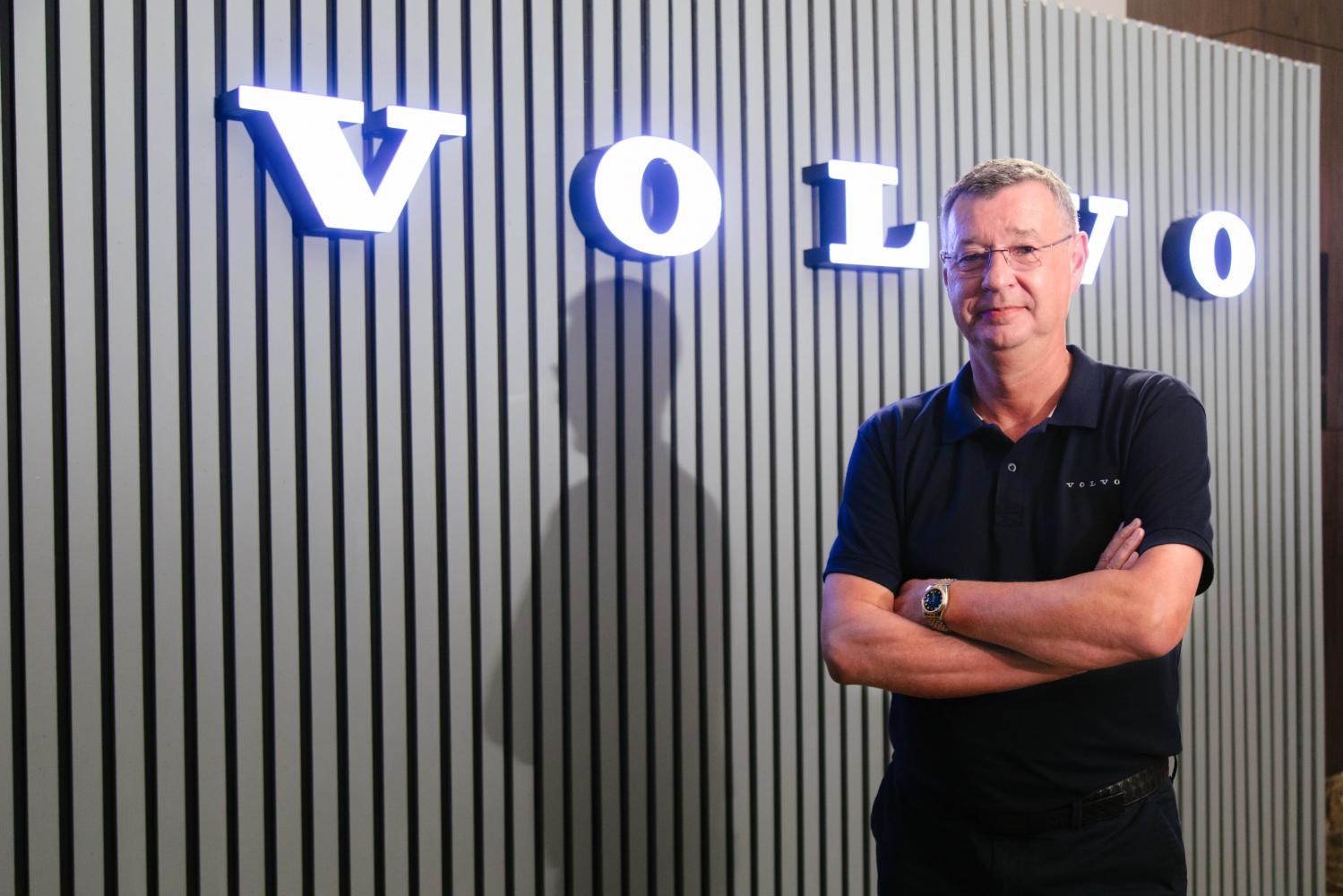
Volvo Cars (Thailand) Co expects to sell only battery electric vehicles, or BEVs, in Thailand within 2025, thanks to a growing domestic EV market and prospective buyers with strong purchasing power.
This target is five years ahead of that set by its parent firm in the global market.
Under Volvo Car Corporation's 10-year EV business plan, the Swedish automaker set an EV sales target at 50% of total sales by 2025 and 100% within 2030.
Chris Wailes, managing director of Volvo Cars (Thailand), is confident the company will achieve the goal sooner in Thailand because the government has a clear policy to promote environmentally friendly cars and the domestic premium car market is growing.
"EVs in the global and Thai markets keep growing. Many companies invest more in EV charging infrastructure and batteries," said Mr Wailes.
In Thailand, buyers in the EV category are able to afford battery-powered cars, he said. This group of customers care about the environment.
The premium car segment in Thailand has sales volume of around 30,000-35,000 units a year, mostly comprising of cars from European countries.
In 2023, Volvo plans to launch two EV car models in Thailand -- the Ex90 and Ex30. They will be imported from its factory in China.
"We will continue to strengthen our position as a leader in the premium electric segment by launching two new pure electric models that will further raise our standards in safety and a more sustainable lifestyle," he said.
In 2022, Volvo's total car sales in Thailand rose by 71% year-on-year.
Its BEV sales skyrocketed by 190% while plug-in hybrid EVs increased by 24% as consumers showed an increasing appetite for electric autos.
"Despite the production restraints caused by component shortages, the demand for Volvo cars in Thailand remained robust, with sales of full electric models growing by 190%, accounting for over one-third of total vehicle sales," said Mr Wailes.







